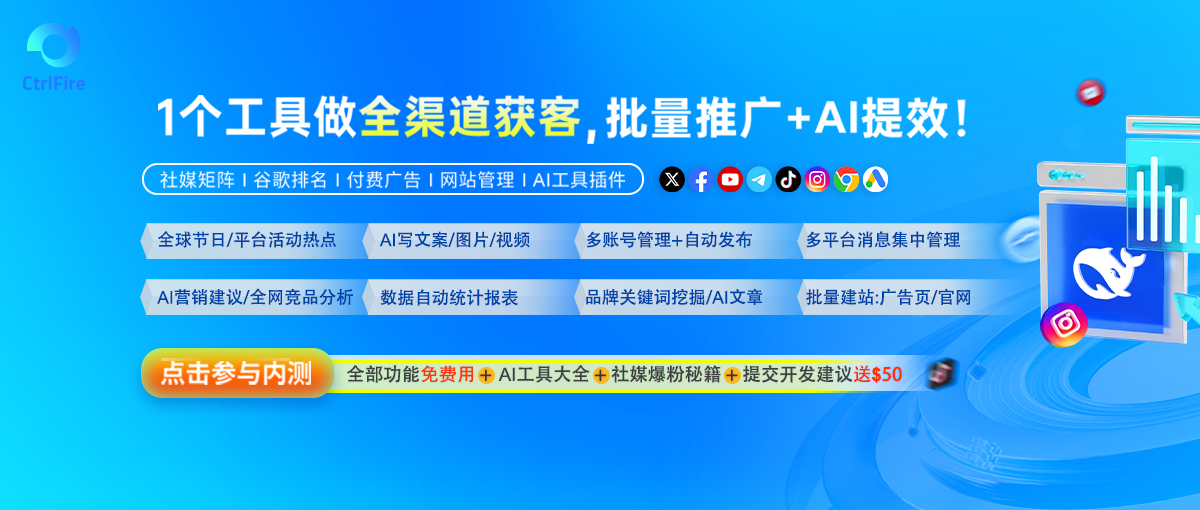如何高效管理亚马逊多店铺且防止关联
亚马逊多店铺管理的挑战
对于很多卖家来说,同时运营多个亚马逊店铺是个不小的挑战。一方面,我们需要确保每个店铺都能正常运作并带来收益;另一方面,亚马逊对多店铺管理有着严格的规定,稍不注意就可能导致店铺关联,进而引发一系列麻烦。
听到这里,你可能会觉得有点压力,但别担心!其实只要掌握一些小技巧,就能轻松应对这些难题。😊
什么是店铺关联?
简单来说,店铺关联就是亚马逊检测到多个店铺之间存在某种联系,比如使用了相同的IP地址、设备信息或账户信息等。一旦被判定为关联,轻则限制功能,重则直接封店。听起来是不是有点吓人?😢
不过别慌,接下来我会分享一些实用的方法,帮助你有效防止这种情况发生。
防止店铺关联的核心策略
首先,我们得从源头抓起,也就是避免让亚马逊“察觉”到你的店铺之间有任何关联的可能性。这里有几条关键建议:
1. 独立的硬件设备
每家店铺都应该使用独立的电脑和网络环境。如果你觉得买多台电脑成本太高,可以考虑使用虚拟机或者云服务器来隔离操作环境。另外,千万别用公共Wi-Fi,因为这很容易暴露你的IP地址。
我还记得有位朋友就是因为忽略了这一点,结果两家店铺都被封了,真是得不偿失啊!😂
2. 不同的注册信息
每个店铺的注册信息必须完全不同,包括公司名称、法人信息、联系方式等。哪怕是一个小小的邮箱地址重复,都可能成为关联的导火索。
举个例子,如果你的两个店铺用了同一个电话号码,那亚马逊系统就会认为它们属于同一个主体。所以,一定要细致地检查每一个细节。
3. 分散化运营
尽量不要在同一天、同一时间段内频繁切换登录不同的店铺后台。这种行为很容易引起亚马逊的怀疑。相反,你可以通过制定计划表,把每个店铺的操作时间错开。
此外,不同店铺的产品线也最好有所区分,避免出现高度相似的商品描述或图片。这样不仅能降低风险,还能让你更有针对性地吸引不同的客户群体。
4. 使用专业的管理工具
现在市面上有很多专为亚马逊卖家设计的多店铺管理工具,比如SellerApp、Jungle Scout等。这些工具不仅可以帮助你高效管理库存、订单和广告,还能自动记录各项数据,减少人为失误。
我个人特别喜欢用这类工具,因为它真的能省下不少时间和精力。😉
5. 定期审查与优化
最后一点也是最重要的——定期对自己的店铺进行审查。看看是否存在潜在的风险点,比如某些设置是否一致、是否有异常登录记录等。发现问题后及时调整,才能防患于未然。
当然啦,除了技术手段之外,保持一颗平常心也很重要。毕竟,谁还没遇到过几次波折呢?只要你坚持下去,总能找到最适合自己的方法。
总结
,高效管理亚马逊多店铺并不难,关键在于细心和耐心。遵循以上提到的策略,相信你一定能够顺利避开那些让人头疼的关联问题。
希望这篇文章对你有所帮助!如果还有什么疑问,欢迎随时交流哦~ 😊
目录 返回
首页
